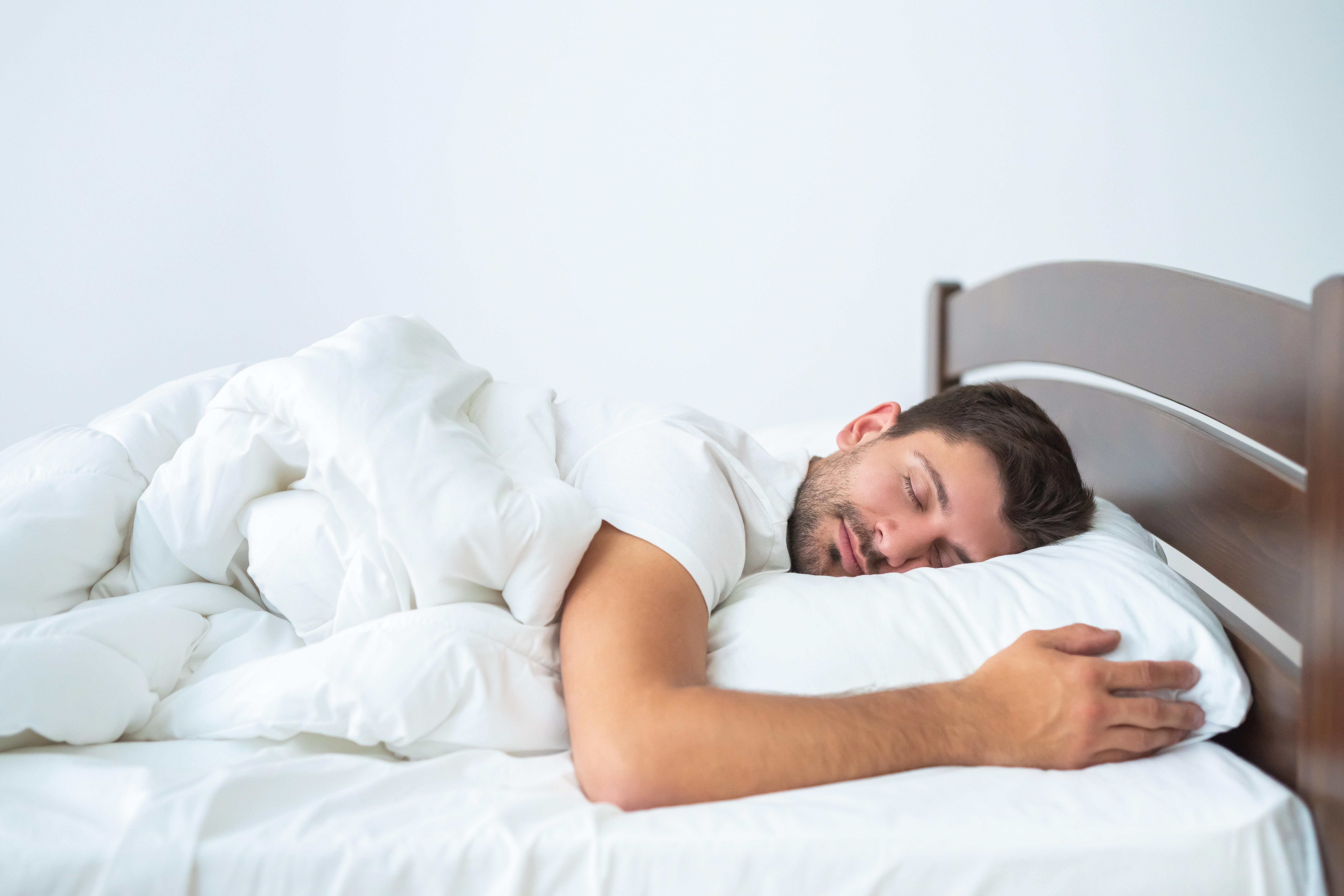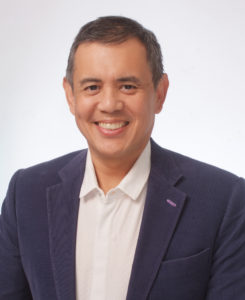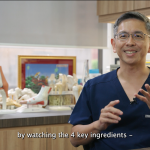Getting a Good Night’s Sleep
Sleep is our body’s time to recharge. Just like we plug in our phones and laptops to charge when they run low on battery, we need to charge our bodies as well!
Are you getting the sleep you need to recharge and rejuvenate yourself every day? Here are some factors you may overlook in getting a good night’s sleep.

Creating a sleep routine
Try to go to bed and wake up the same time every day, for 8 hours a night. Even on weekends, when you’re tempted to sleep in, try to limit the difference in your sleep schedule to a minimum. This allows your body to set its internal clock and optimise the quality of your sleep.
Diet
Limit stimulants such as alcohol, caffeine and nicotine – Did you know caffeine can affect your sleep up to 10-12 hours after drinking it? Alcohol and smoking are similar stimulants that can disrupt your sleep during the night.
Don’t eat too much – Avoid overeating or eating heavy rich foods 1-2 hours before going to bed. Such food can cause stomach discomfort or heartburn and affect your sleep!
Sleeping environment
Create a sleep environment that is conducive for a good night’s rest. Keep your room quiet, dark and cool, as these factors help you to fall asleep easier. Also reserve your bed as a place for sleep – doing work, answering phone calls, watching TV don’t belong on your bed!
Physical activity
People who exercise regularly sleep better at night and feel less sleepy during the day. However, be mindful of the timing of your workouts. Exercising too close to bedtime can be stimulating and keep you awake instead.
Stress
Stress is a stimulus, and the built-up stress of the day can be an obstacle when it comes to settling down to sleep.Try to put aside your worries and concerns before going to bed. Meditation or writing a journal can help you to clear your mind and allow rest to come easier.
Get checked
If you have symptoms that are significantly affecting your rest, such as severe snoring or difficulty breathing, you could have an underlying issue that needs to be addressed, such as sleep apnoea.
There are doctors who specialise in sleep health that can help to address these problems to help you get the restful sleep that you need.

Dr Adrian Siew Ming Saurajen
Consultant ENT Surgeon
Nobel ENT Centre










